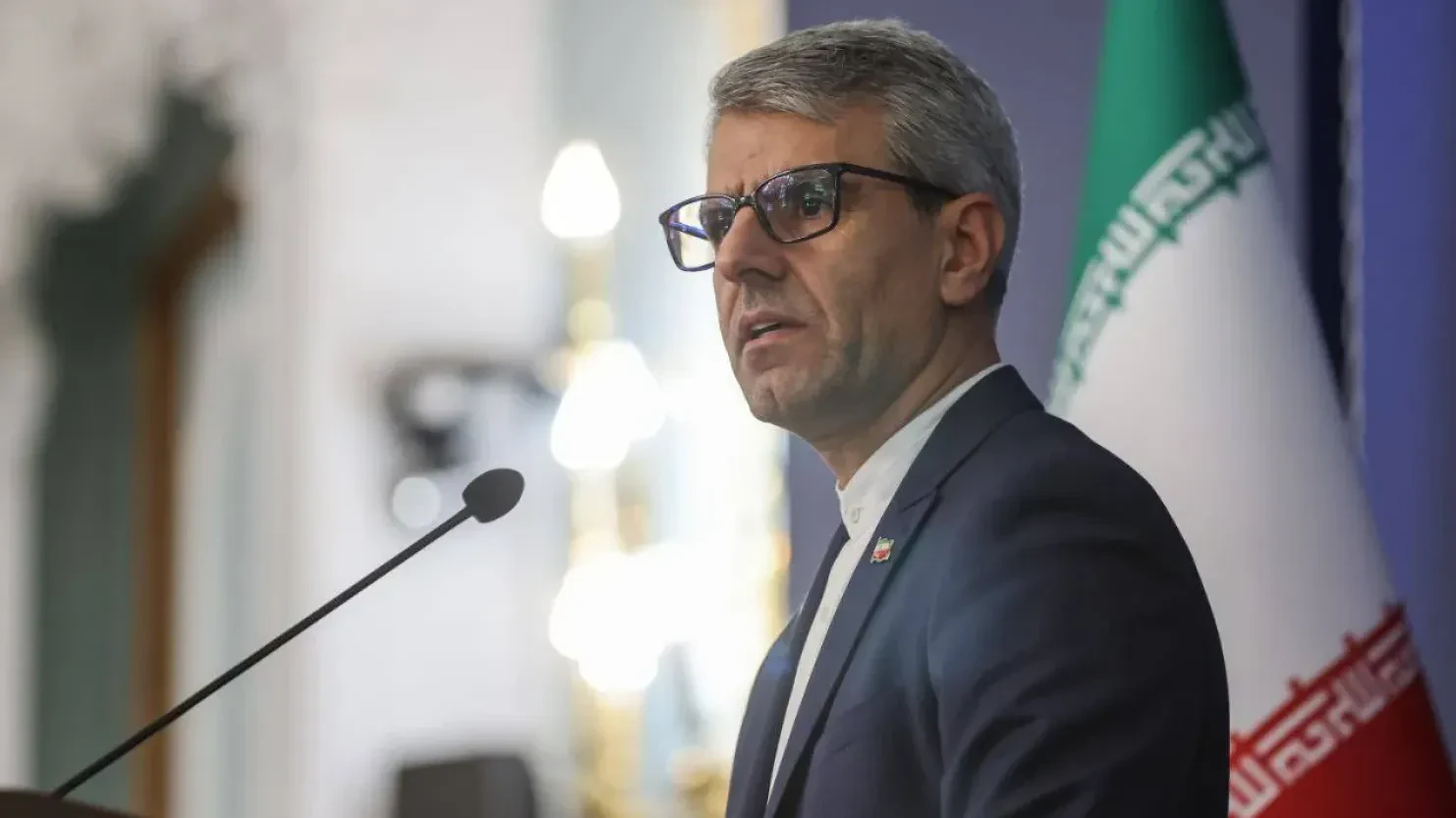Iran has sharply condemned Türkiye’s decision to enforce UN sanctions reimposed by the snapback mechanism, calling the action “legally baseless” and demanding that friendly and neighbouring states refuse to abide by what Tehran sees as an illegitimate step. Foreign Ministry spokesperson Esmaeil Baghaei said on Monday that Turkey’s freezing of assets belonging to dozens of Iranian individuals and entities—reportedly tied to nuclear activities—was unnecessary, illegal and based on arguments that Iran rejects.
Baghaei emphasized that the European countries that triggered the snapback—Britain, France, and Germany—“lack legal foundation” to do so under the 2015 nuclear deal (JCPOA) and UN Security Council Resolution 2231, arguing the Dispute Resolution Mechanism was not appropriately exhausted. He also claimed the Iranian institutions named in Türkiye’s freezing orders had no assets or accounts in Turkey, and that no seizures had in fact taken place.
Tehran further urged all states—especially those with friendly ties—to refrain from implementing measures that would give validity to what Iran views as the European powers’ misuse of the nuclear deal process. Baghaei said that although Iran had shown willingness to entertain proposals to avoid escalation, those overtures were ignored, and that the European push to revive terminated UN resolutions is a provocation.
The dispute concerns the “snapback” mechanism under RES 2231, which allows the reimposition of UN sanctions if Iran is deemed in “significant non-performance” of its JCPOA obligations. The European trio has accused Iran of violating nuclear restrictions; Iran denies this and insists the European parties have themselves breached obligations, and that the timeline of certain deal provisions has expired or changed.
Iran has pledged to respond appropriately and defend its national rights and interests, but has not publicly specified what actions it may take in reaction to Turkey’s asset freezes or compliance with the reverted resolutions.





